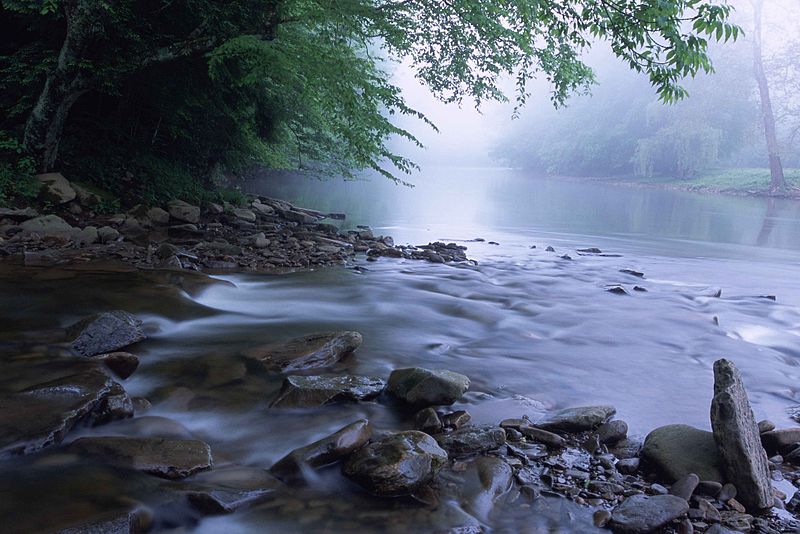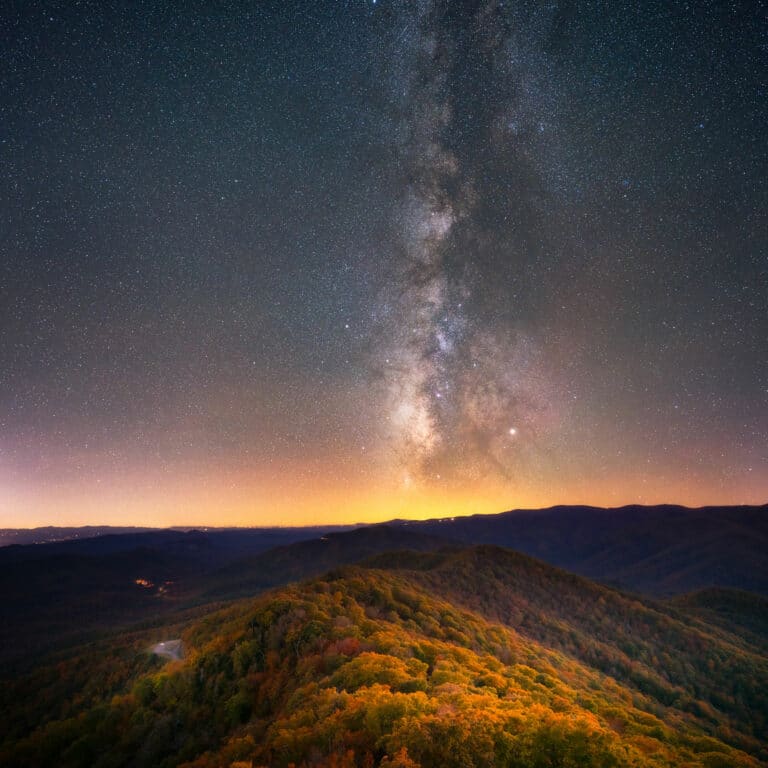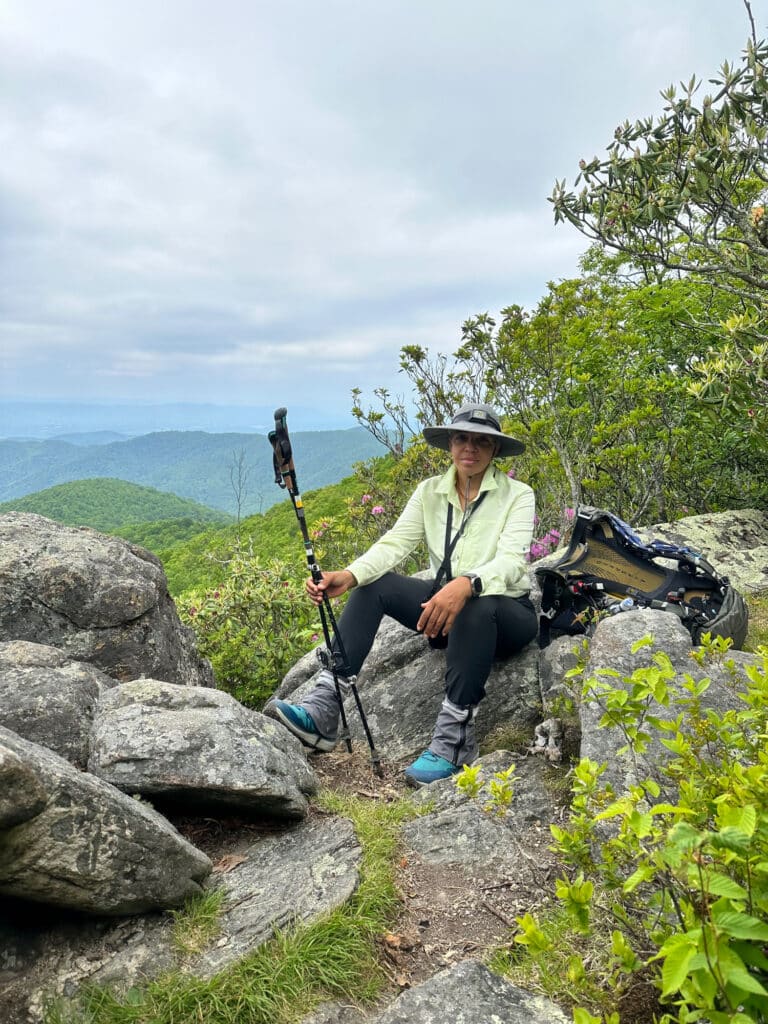Kayakers killed and injured on West Virginia’s Cheat River
A Maryland man was killed on West Virginia’s Cheat River after a tree fell on him during a kayaking trip. A group of three men were paddling the river from Parsons to Macomber over the weekend when severe weather rolled through. The men took shelter but a tree fell on two of the men in the group resulting in a severe head injury to one of the men, which led to his death. Another man suffered broken bones from the falling tree. The reason the tree fell is unknown as is whether the men were in or out of the water during the time of the accident.
30 Hammerhead sharks sent to an aquarium have all died
Thirty hammerhead sharks captured from the Great Barrier Reef over an eight-year period and sent to an aquarium in France have all died in captivity. The sharks were sent to the largest aquarium in Europe, the Nausicaa aquarium, and were imported into two groups in 2011 and 2018. The aquarium has reported that the threatened species of shark died because of a fungal infection but earlier reports suggested the sharks might have attacked each other. A watchdog group is suing the aquarium, alleging that the sharks were mistreated in captivity. This is the second case in a year to raise concern about the Australian wildlife trade. Last year, the federal government granted a permit allowing for hundreds of Australian parrots to be exported to Germany, even amidst fears that the parrots would be sold to collectors.
California has banned chlorpyrifos—but the EPA has not.
In early May, California governor Gavin Newsom announced that the state would ban the use of the pesticide chlorpyrifos after an independent panel determined it is dangerous to human health. The pesticide has been banned for indoor pest control use since 2001, but is still used outdoors to control critters on crops of oranges, alfalfa, almonds and grapes. Years of research have shown that the pesticide is dangerous to human health. In 2015 the EPA concluded that the agency should ban chlorpyrifos, but in 2017 the new EPA administrator Scott Pruitt reversed the decision, citing inconclusive science. Environmental groups sued and the decision is now tied up in court. In the meantime, California moves forward with the ban. It is the second state to implement such a ban—Hawaii chose to do so last year. The state of California grows nearly 1/3 of all of the country’s vegetables and 2/3 of all fruit, so the ban is expected to have far reaching effects.








